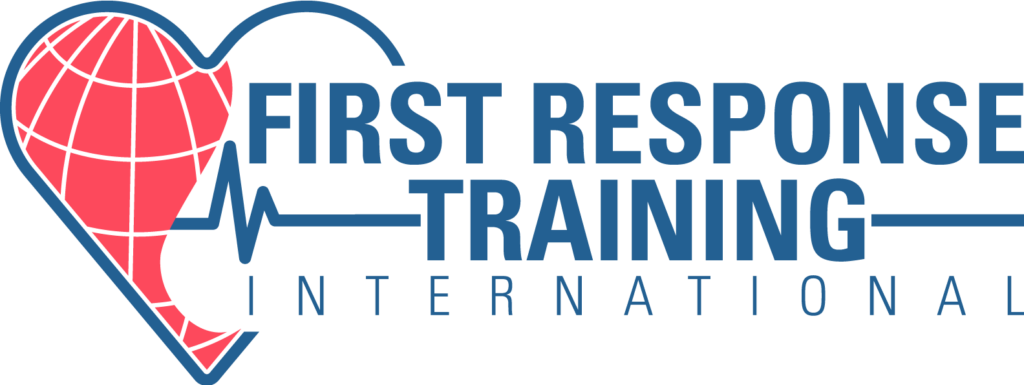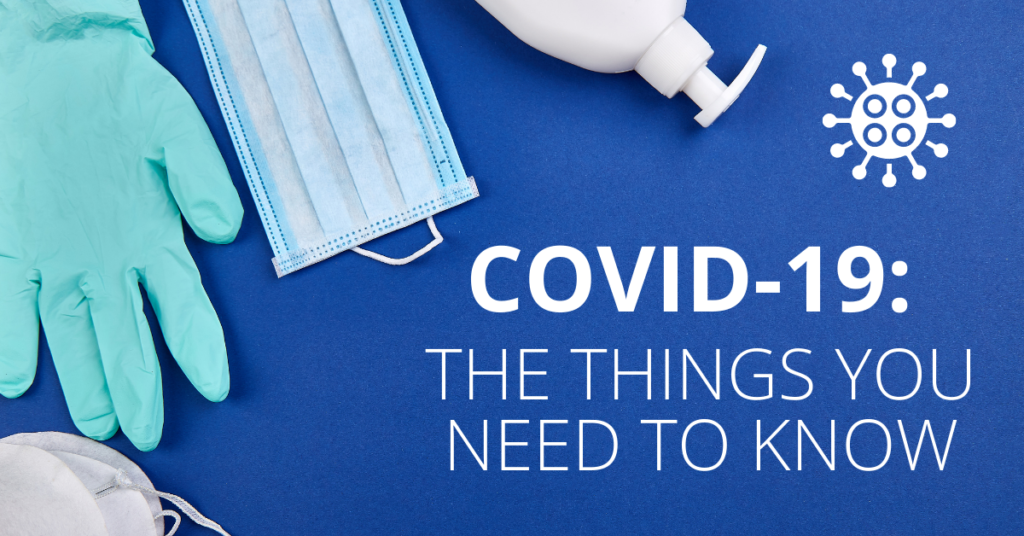Like you, those of us at First Response Training International are monitoring the spread of the Coronavirus worldwide. We want all of you to know that you and your families are in our thoughts during these trying times, and we wanted to get you some information about the virus and some suggestions for what you can do to help prevent its spread. Please know that all of this information is current to the date of this release March 24th, 2020. Keep an eye on the CDC and WHO websites for the most current information reguarding COVID19.
Coronavirus
- The virus is primarily spread by person-to-person contact (within 6 ft) through coughs or sneezes.
- People are the most contagious when they are the most symptomatic.
- Symptoms may appear 2-14 days after exposure and include fever, cough, shortness of breath.
Prevention
- Wash your hands for at least 20 seconds
- Use hand sanitizer that contains at least 60% alcohol
- Avoid touching your eyes, nose, and mouth with unwashed hands
- Do not share household items and wash them thoroughly when done
- Clean and disinfect high-touch surfaces daily in household common areas (tables, chairs, doorknobs, light switches, remotes, handles, desks, toilets, sinks, etc.)
What to do if you are sick
- Stay home except to get medical care
- Stay away from others
- Limit contact with pets & animals
- Cover your coughs and sneezes with a tissue and dispose of properly
- Seek medical attention if your illness worsens
- Call your doctor before visit and wear a facemask when out in public
Holiday Tips
- Consider who you might be visiting if you are thinking about traveling to a family member’s house.
- Are they in a high-risk group of people?
- What is the situation with cases in their area?
- Avoid areas where food is being cooked and consider having those who live outside of your household bring their own food, drink, and utensils
- Plan an outdoor socially distant gathering
- Understand how testing for COVID-19 works, learn more here
- Wear a mask when you’re unable to be six feet or more away from anyone who does not live in your household.
WHO Myth Busters
- Can eating garlic help prevent infection with the new coronavirus?
- Garlic is a healthy food that may have some antimicrobial properties. However, there is no evidence from the current outbreak that eating garlic has protected people from the new coronavirus.
- Does the new coronavirus affect older people, or are younger people also susceptible?
- People of all ages can be infected by the new coronavirus (2019-nCoV). Older people, and people with pre-existing medical conditions (such as asthma, diabetes, heart disease) appear to be more vulnerable to becoming severely ill with the virus.WHO advises people of all ages to take steps to protect themselves from the virus, for example by following good hand hygiene and good respiratory hygiene.
- Are there any specific medicines to prevent or treat the new coronavirus?
- To date, there is no specific medicine recommended to prevent or treat the new coronavirus (2019-nCoV).
Please see the CDC or WHO websites for more information:


